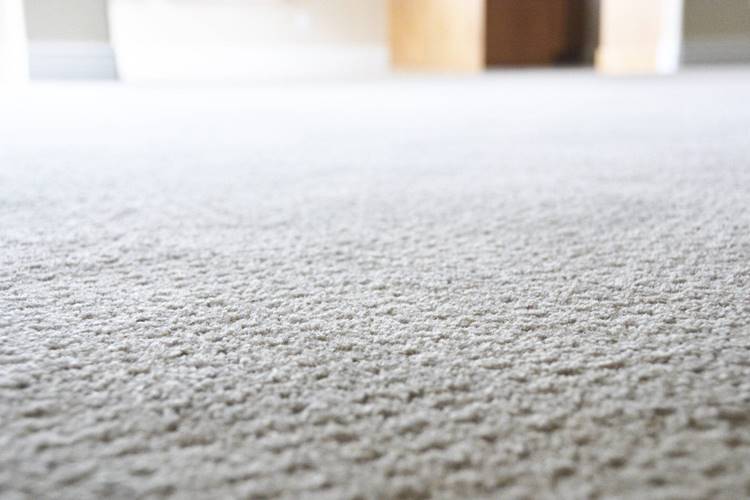Mold can be a real nuisance in any home, particularly when it sets in carpeted areas. If you’re a homeowner or run a business, dealing with carpet mold can be both troublesome and stressful. Thankfully, there is a natural solution that is both affordable and effectiveusing vinegar. Vinegar is a household staple known for its cleaning properties. In this article, we will dive deep into how to use vinegar to prevent carpet mold, its benefits, and other related tips to ensure your carpets remain fresh and mold-free.

What You Need to Get Started
Before you begin, gather the necessary materials. You will need white vinegar, a spray bottle, a clean cloth, and water. Optionally, you can add baking soda to enhance the treatment, as it can help neutralize odors and provide additional anti-mold properties.
Step-by-Step Guide to Using Vinegar
Step 1: Prepare the Vinegar Solution
Mix equal parts of white vinegar and water in a spray bottle. Shake well to blend the solutions thoroughly. This diluted mixture is perfect for treating carpet mold without causing any damage.
Step 2: Apply the Solution to the Carpet
Lightly spray the vinegar solution onto the affected area. Make sure you cover the entire area evenly, ensuring the moldy spot is well saturated.
Benefits of Using Vinegar for Carpet Mold Prevention
The usage of vinegar is not only budget-friendly but also eco-friendly, making it an excellent choice for environmentally conscious individuals. Additionally, vinegar is a natural deodorizer, which can help eliminate unpleasant odors associated with mold.
How Often Should Vinegar Treatment Be Applied?
To maintain a mold-free carpet environment, it is advisable to treat your carpets with the vinegar solution on a regular basis. Depending on humidity levels, monthly applications can be effective.
Additional Tips to Prevent Mold Growth
Control Humidity Levels
Keeping indoor humidity levels below 60% through the use of dehumidifiers can significantly reduce mold growth.
Choose Mold-Resistant Carpeting
Consider investing in mold-resistant carpets and padding, which can be a more permanent solution to mold issues. Learn more about mold-resistant carpet padding.
Frequently Asked Questions
Can vinegar be used on all types of carpets?
Vinegar is generally safe for most carpet types, but it is advisable to test a small area first to ensure no discoloration occurs.
Is it necessary to rinse the carpet after treatment?
Rinsing is not necessary as vinegar is a natural substance that will evaporate, leaving no residue.
Where can I learn more about mold remediation under carpets?
For comprehensive information and tips, check out mold remediation.

Conclusion
Preventing carpet mold is essential for a healthy home or business environment. By using vinegar, you can easily and cost-effectively combat mold growth. For further reading on removing mold from carpets, visit Trusens Blog.
This article contains affiliate links. We may earn a commission at no extra cost to you.


